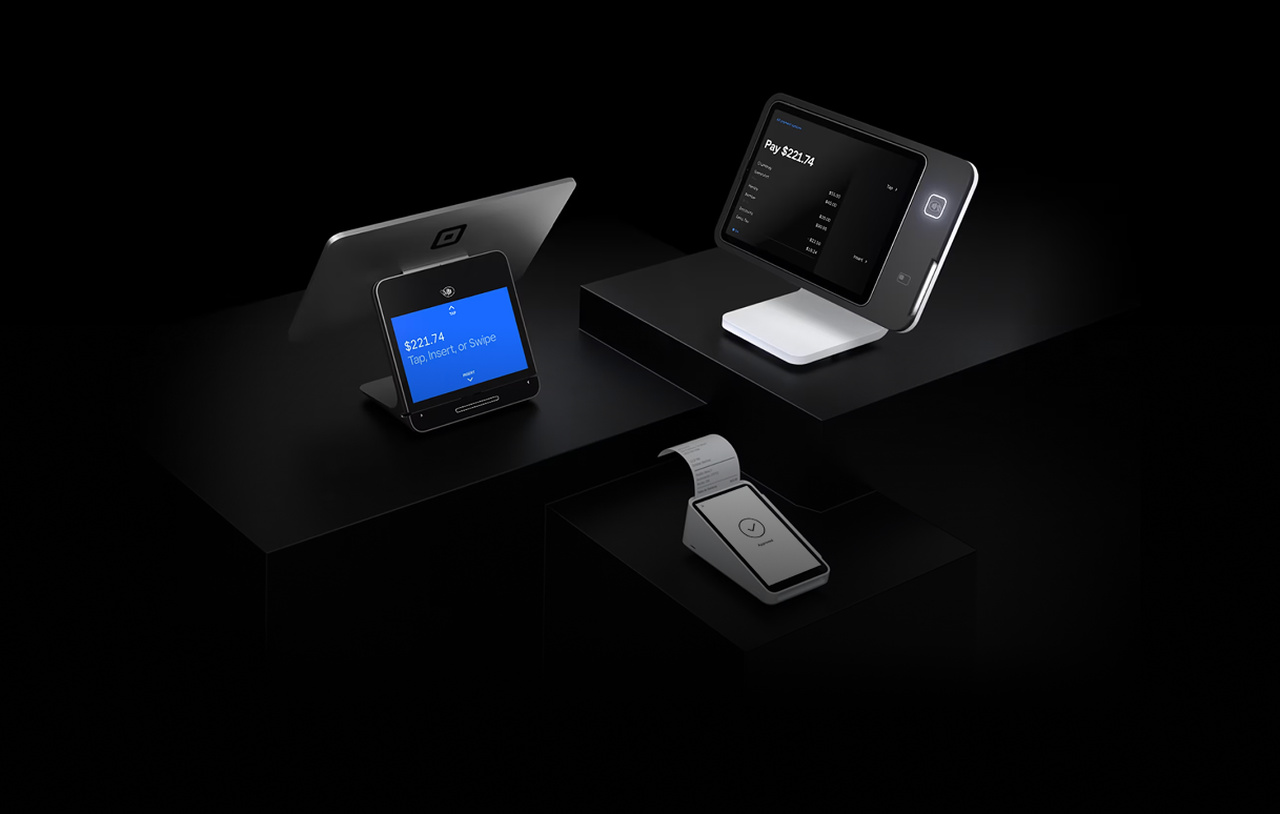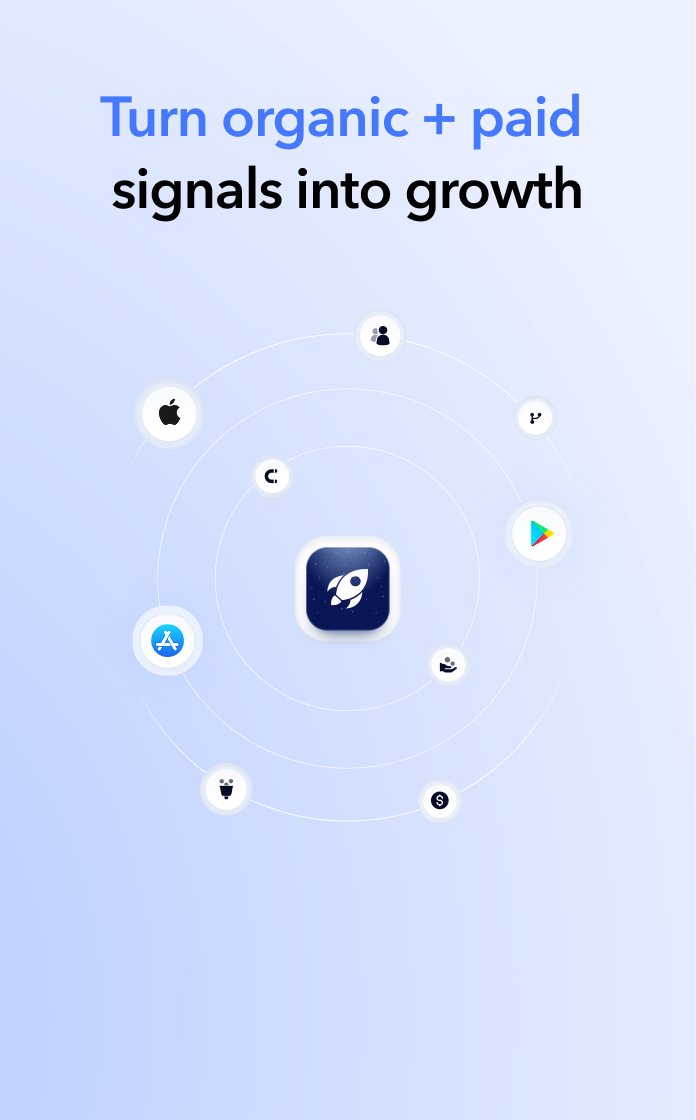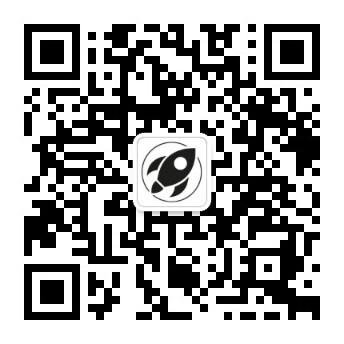Weather
Weather apps are essential for staying prepared; they can be used for planning a weekend trip or just deciding what to wear for the day ahead. The most used keywords within the category in 2024 highlight the features users rely on to stay informed and make decisions.
“Weather” and “forecast” are the backbone of this category, appearing in nearly every app’s metadata. These keywords are often used with “current” and “conditions” to emphasize real-time updates and accuracy.
The keyword “radar” is a standout, reflecting the demand for detailed, visual weather data. Apps that offer radar maps and severe weather alerts are positioning themselves as must-haves for users who need precise, up-to-the-minute information.
“Temperature” is another key term, as it’s one of the most basic yet critical pieces of information users look for. Apps that provide accurate, location-specific data leverage this keyword to attract users who want to stay ahead of the elements.
The keywords “rain,” “wind,” and “snow” refer to specific weather conditions, showing that developers are targeting niche needs. Whether planning a picnic, preparing for a storm, or checking ski conditions, these keywords ensure apps meet diverse user demands.
Navigation
Navigation apps assist users in reaching their destinations, from daily commutes to cross-country road trips. The most frequently used keywords reveal the tools and features that make this possible.
“Map” and “location” are the foundation of this category, appearing in nearly every app’s metadata. These keywords are often paired with “gps” and “route” to emphasize accuracy and real-time directions.
The keyword “charging” is particularly interesting, showing the rise of electric vehicles. Apps that help users locate charging stations leverage this keyword to attract eco-conscious drivers.
“Parking” and “stations” highlight the practical concerns of navigation. Developers are using these keywords to emphasize features like parking availability, public transit information, and nearby amenities, ensuring users can navigate their journeys with ease.
The keyword “apple” likely refers to Apple’s own navigation app, Apple Maps. This keyword is used to signal the app’s integration with the Apple ecosystem, offering seamless navigation for iPhone and other Apple device users.
Finally, “speed” indicates the importance of performance in navigation apps. Users want fast, reliable directions, and apps that deliver this are positioning themselves as top choices for people on the go.
Books
Books apps service all kinds of readers, from people who enjoy a casual read to those who dive deep into academic or professional texts. The keywords that are primarily used express the diverse ways users engage with written content.
“Books” and “reading” are the core of this category, appearing in nearly every app’s metadata. These keywords are often combined with “stories” and “library” to emphasize the focus on immersive narratives and extensive collections.
The keyword “bible” stands out, reflecting the popularity of religious and spiritual texts. Apps that offer access to sacred texts, devotionals, or study tools target faith-based audiences with this keyword.
“Audio” is another key term highlighting the growing demand for audiobooks. Apps that offer narrated versions of books leverage this keyword to attract users who prefer listening over reading.
Finally, “subscription” and “features” point to the monetization strategies and enhanced experiences that define this category. Many apps offer basic access for free but lock advanced features, like offline reading or personalized recommendations, behind a paywall.





























